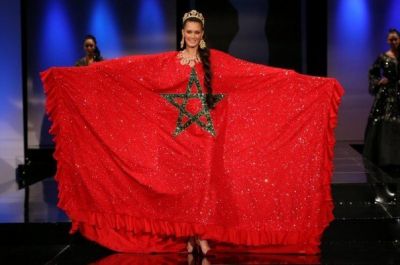I’ve been meaning to post an excerpt of my recent investigative piece on the Moroccan lobby’s activities in DC. By the way, FARA is a super useful tool and I’ve filled the piece with links to various records for those interested.
Morocco has advanced its message through organizations with anodyne names, such as the Moroccan American Cultural Center, Moroccan American Trade and Investment Council, and the Moroccan American Center for Policy, all of which are offshoots of the Moroccan American Center. The Moroccan American Center is a nonprofit funded and supervised by the Moroccan government. While these may sound like a cultural organization or an independent think tank, they are actually a vehicle for advancing the Moroccan regime’s interests.
Public records available on the Department of Justice’s Foreign Agents Registration Act (FARA) site show the Moroccan American Center for Policy (MACP) has been actively lobbying U.S. policymakers immediately since its registration in 2004, in support of the priorities of the Moroccan regime.
MACP’s latest supplemental statement also shows a long list of contacts with Congressmen and members of the media. It also includes a breakdown of MACP’s expenses, showing that the organization spent $648,590on consultants and another $183,279 on advertising and public relations — from May to October 2012.
MACP pushes the regime’s agenda on a wide array of issues, notably its territorial claims over the Western Sahara and its bilateral relationship with the United States. The policy section on MACP’s website lays out Morocco’s position on the Western Sahara dispute, linking to a 2009 letter sent to President Barack Obama by 233 Congressmen that warns of the emergence of al Qaeda in the region, and claims, “The single greatest obstacle impeding the security cooperation necessary to combat this transnational threat is the unresolved territorial dispute over the Western Sahara.”
Continue reading the piece on Free Arabs.


